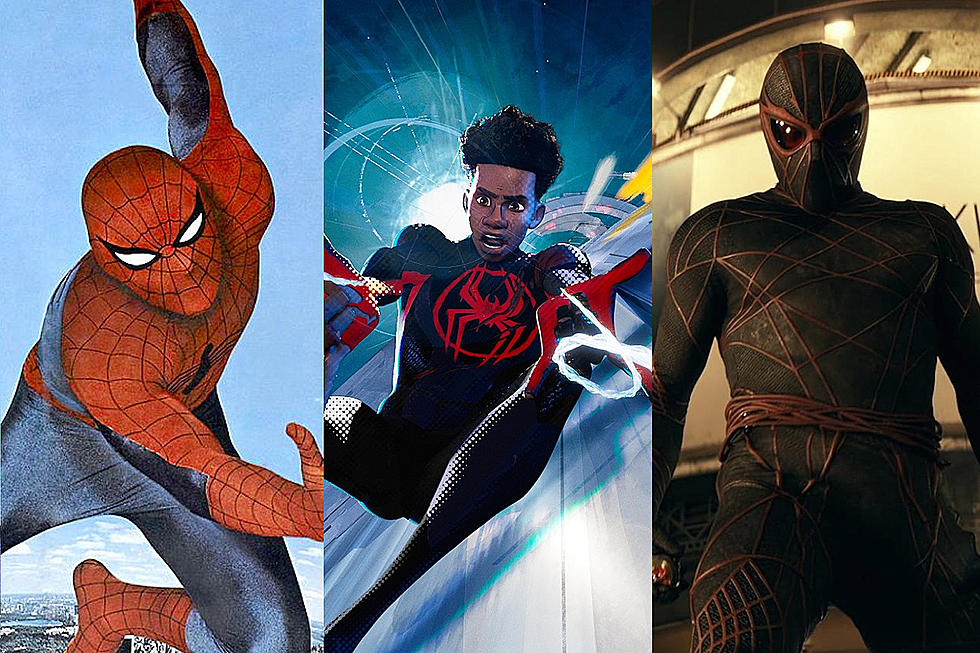
Whiteness, Nerdiness, and Spider-Man: The Perpetuity of Peter Parker
Starting this fall in the Marvel comic book universe, Spider-Man will be a half-black, half-Latino teenager. Starring in the character’s flagship series by Brian Michael Bendis and Sara Pichelli, Miles Morales has given a new generation of comic book readers a superhero that reflects our diverse culture. But fans also learned recently that the newest iteration of the web-slinger on the big screen will once again be Peter Parker, as British actor Tom Holland, the third white actor to play the character since 2002, was announced as the new Spidey.
This came on the heels of revelations about Marvel’s rules about the depiction of Peter Parker’s race and sexuality in Spider-Man films. The licensing agreement between Marvel and Sony, uncovered by Wikileaks, stipulates that Peter Parker’s “Mandatory Character Traits” include being “Caucasian and heterosexual.” Spider-Man co-creator Stan Lee has gone on record to say he agrees with keeping the character as he was originally created.
This is not really a surprise. After all, Peter Parker’s characterization has always been that of a nerd, and when someone says “nerd,” the picture conjured up is of someone who is not only socially awkward and intellectually obsessive, but someone who is, almost without exception, male and white. Just do a Google search of “nerd."

As the news about Peter Parker’s casting made the rounds on social media, Jamie Broadnax of Black Girl Nerds posted a link to her 2013 piece “Racialized Nerdiness: Does Race Play a Role in Being Nerdy?” Broadnax wrote about how she created Black Girl Nerds after finding a dearth of resources for black women and girls who have nerdy interests like comic books and science fiction. At the time, she was reading linguist Mary Bucholtz’s 2001 paper “The Whiteness of Nerds,” which places nerdiness in opposition to coolness, and characterizes coolness as being derived from African-American culture (think of music: blues, jazz, rock ‘n’ roll, hip hop; think of slang; think of fashion).
Nerdiness, then, is characterized as hyperwhiteness. Whether consciously or not, nerds choose to reject or simply not use in markers of coolness in their speech, dress, or tastes. “In turn,” Broadnax wrote, “whites themselves still measure [black nerds] as ‘the other’ and at times it can come off as dismissive when we see mainstream media images that contain little to no representation of black nerds.”
The prominence of Miles Morales as Spider-Man certainly points to a new image of nerdiness --- one that can include and embrace blackness. Whether this change will make its way to the big screen, however, remains to be seen.
More From ComicsAlliance









